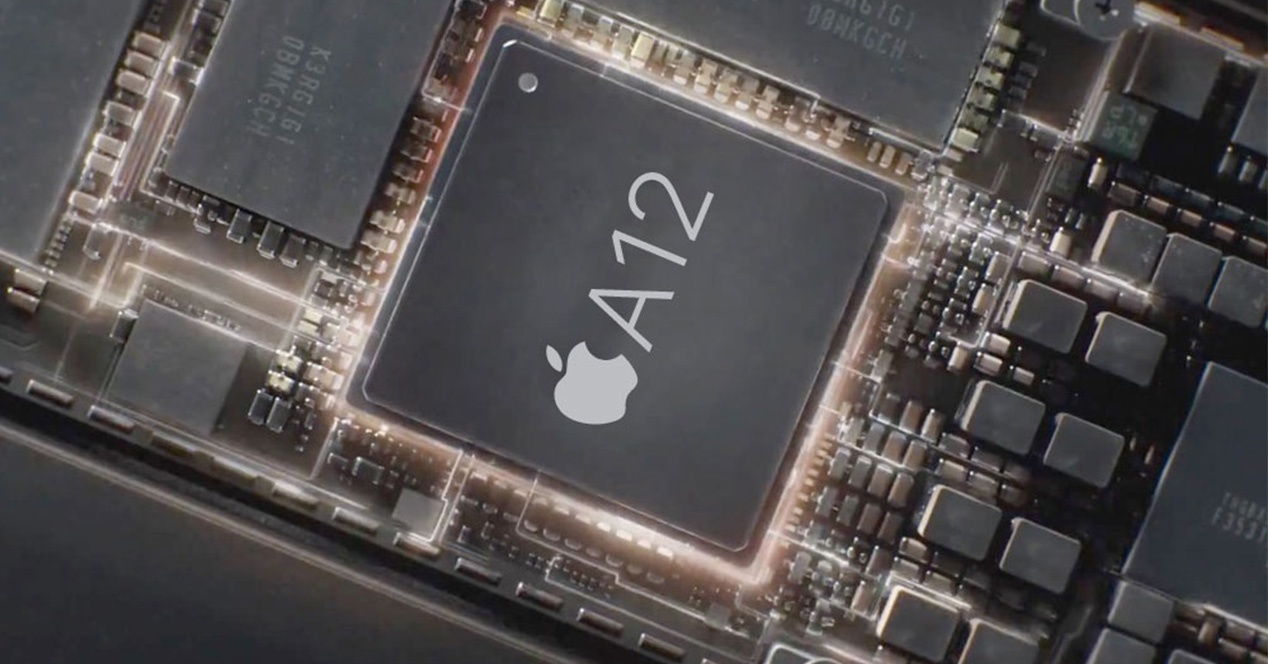 3161
3161
 2018-09-05
2018-09-05

When Apple launches the iPhone XS and its budget 6.1-inch LCD iPhone next week, it will have a key advantage over Android OEMs. It will become the first company in the market to release a smartphone based on a 7nm chipset.
Apple upcoming A12 chipset will be based on TSMC’s 7nm fabrication process and it is expected to be a powerhouse. While Huawei has already unveiled its 7nm Kirin 980 chipset, the company will announce the first device powered by it — the Mate 20 — only in October. By then, the iPhone XS featuring Apple’s 7nm A12 chip will already be on sale.
However, other chip makers are apprehensive of switching to 7nm fab just yet because of the cost it involves. TSMC has already spent billions of dollars on setting up its 7nm fabrication foundry and the technology behind it. Chip makers will also have to spend millions of dollars to build chips on 7nm fabrication process. Huawei’s HiSilicon, for example, spent nearly $300 million to develop the Kirin 980 chip on the 7nm fab. Due to this, most chipmakers are apprehensive of making the switch because they are unsure about being able to recoup their investment.
"Instead of developing the industry’s first 7nm SoC chip, Qualcomm and MediaTek have both moved to enhance their upper mid-range offerings by rolling out respective new 14/12nm solutions, the sources noted. Questions have been raised about whether advancing to 7nm manufacturing node is necessary under the current circumstances", the sources said.
Qualcomm and MediaTek are both focusing on the upper mid-range market with new chips based on the 10nm and 12nm fabrication process where they see a far greater room for growth.
Apart from TSMC, Samsung is the only company to have set up a 7nm foundry. It will use the foundry to fabricate its next-generation Exynos chipset for the 2019 Galaxy S10.
The delay in the launch of 7nm chipsets from other chip makers means that Apple will enjoy a six-month lead over its competitors in this regard. While Huawei’s Kirin 980 chip will make its way to the public with the Mate 20, its specs are good enough to only rival the A11 Bionic’s performance — the chip which powered Apple’s 2017 iPhone X. For the iPhone XS this year, Apple’s A12 chip is expected to provide a 25-30 percent jump in CPU performance and an even bigger jump in GPU performance.
Source: iphonehacks